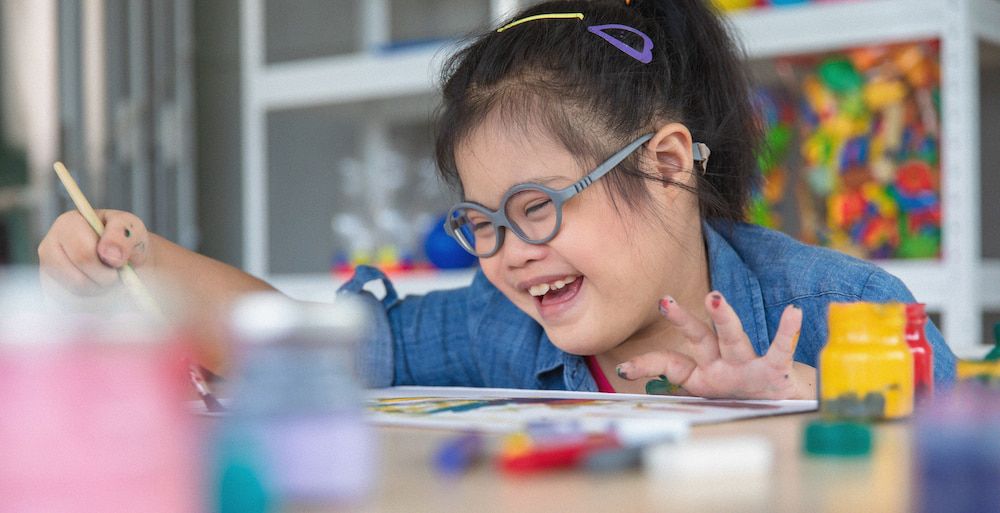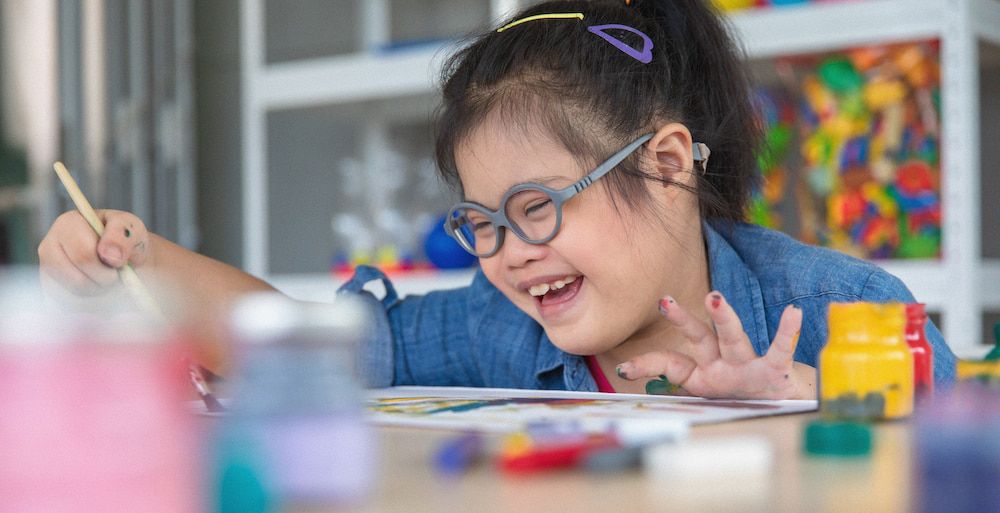With stress and anxiety levels reaching an all-time high among kids, learning healthy coping strategies can help them to feel more ready and able to face life’s challenges

Life is full of unexpected moments – whether that be a positive surprise, or an unforeseen challenge – so it’s never too early to start learning healthy coping skills to help us navigate these times. By encouraging children to get familiar with creative strategies to help them deal with overwhelm, stress, or expressing themselves, we can help create an environment that allows them to thrive, and feel better prepared for whatever comes their way.
Here are five simple yet creative coping skills to support kids:
1. Take a deep breath
Breathing exercises can help relax us in mind and body. ‘Bubble breathing’ (where they breathe deeply through their nose, then slowly through their mouth – as if trying to blow a bubble wand) can be a great way to help children feel more grounded and calm.
2. Be creative
Having an artistic outlet can offer kids a simple way of expressing themselves and their emotions when words might fail them. Colouring, painting, collaging, or journaling can all offer different ways of helping your child to share their thoughts and feelings.
3. Get labelling
Putting a name to how they are feeling can help to reduce the discomfort or uncertainty around big emotions. Helping them develop the words to describe their emotions is the first step towards being able to manage and express them in healthy ways.
4. Practise positive self-talk
Affirmations aren’t just for adults. The more we practise negative self-talk, the more likely we are to think badly about ourselves. Teach your child to talk about, and to, themselves as though they were speaking with a friend or loved one, as this can support developing more positive self-talk – and remember to lead by example.
5. Create a calm-down kit
Take a small bag and fill it with items that engage their senses. This could be a picture that makes them happy, perhaps a fidget toy – ask your child what they want to include. This way, they know they can reach straight for their calm-down kit whenever they feel overwhelmed, and it is an activity that helps them to become more aware of those feelings and recognising them, too.

